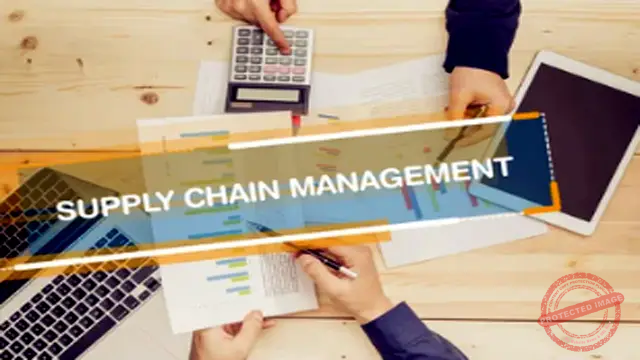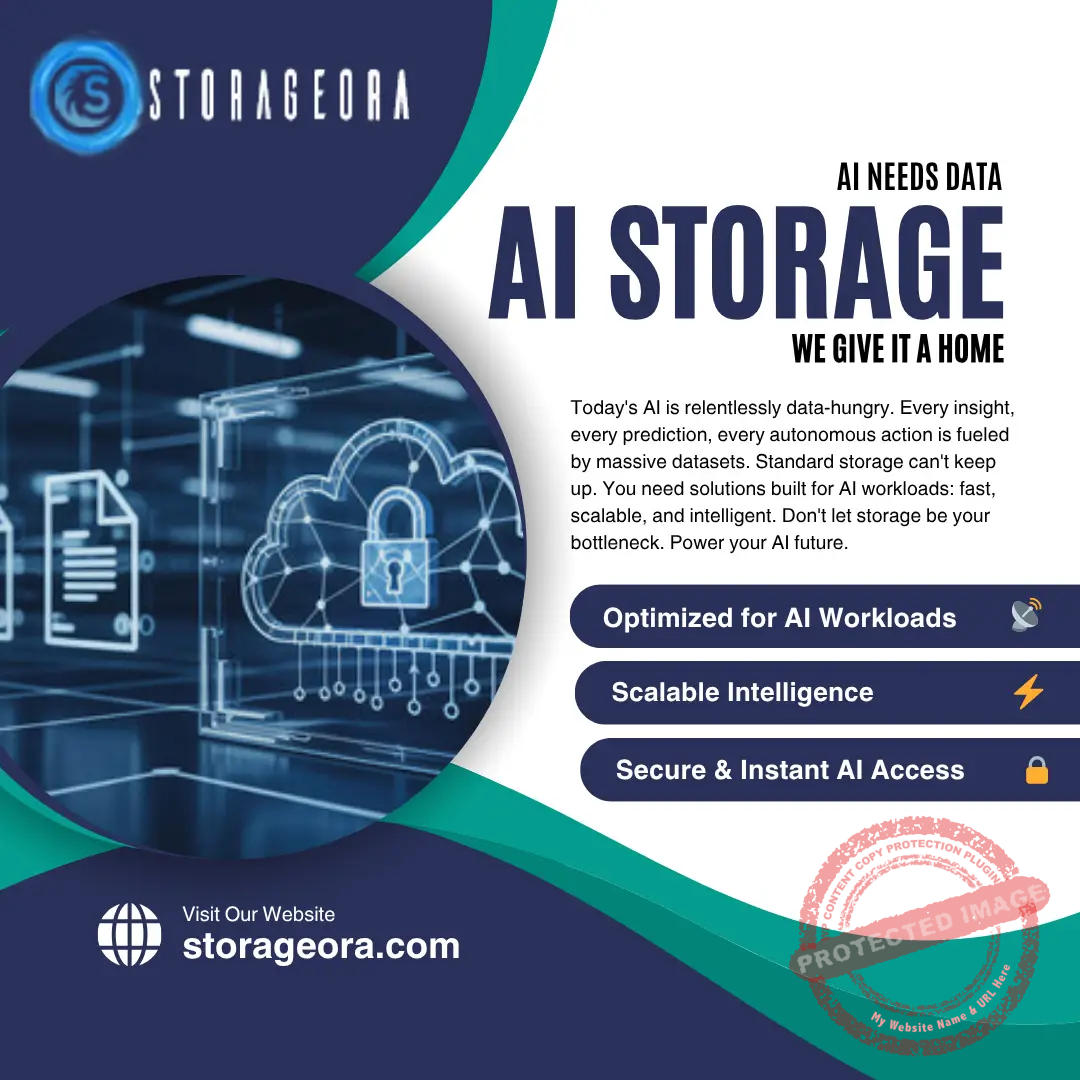How Distributed Ledger Technology Is Redefining Trust, Accountability, and Efficiency Across Global Supply Chains.
The Trust Problem in Global Supply Chains
Global supply chains stretch across continents, connecting thousands of suppliers, distributors, and logistics providers. Yet with this complexity comes a fundamental challenge—trust.
Fraud, counterfeit goods, opaque transactions, and lack of traceability continue to plague industries from pharmaceuticals to food and electronics. Traditional record-keeping systems, often siloed and prone to tampering, struggle to ensure authenticity and accountability across multiple parties.
Enter blockchain technology—a secure, transparent, and immutable distributed ledger that promises to bring unprecedented trust and traceability to the world’s most complex supply networks.
How Blockchain Transforms Supply Chain Transparency
At its core, blockchain serves as a shared, tamper-proof record of transactions among all participants in a supply chain.
Each transaction, shipment, or material movement is recorded as a “block” on the digital ledger and verified by consensus before being added to the chain. Once added, it cannot be altered or deleted.
This creates an unbroken chain of custody, enabling every stakeholder—from manufacturers to regulators—to trace the origin, authenticity, and journey of products in real time.
In industries where provenance and compliance are paramount, blockchain delivers something traditional databases cannot: trust without intermediaries.
Use Cases Across Industries
Blockchain is already transforming global supply chain operations across multiple sectors:
-
Food and Agriculture: Companies like IBM Food Trust and Nestlé are using blockchain to track food from farm to fork, improving safety and reducing waste.
-
Pharmaceuticals: Blockchain ensures the authenticity of drugs under compliance frameworks like the U.S. Drug Supply Chain Security Act (DSCSA).
-
Luxury Goods: Brands like LVMH and De Beers leverage blockchain to authenticate diamonds, watches, and fashion items.
-
Automotive and Electronics: Manufacturers use blockchain for component provenance and warranty validation.
-
Logistics and Shipping: Maersk and TradeLens employ blockchain to digitize global shipping documentation, reducing delays and fraud.
Each use case illustrates the power of a single version of the truth across multiple organizations.
Smart Contracts: Automation Through Trust
Beyond transparency, blockchain introduces smart contracts—self-executing digital agreements coded directly onto the blockchain.
These contracts automatically trigger actions (such as payment, customs clearance, or order fulfillment) once predefined conditions are met, removing the need for manual intervention.
This innovation reduces administrative overhead, eliminates disputes, and accelerates transaction times—all while maintaining full auditability.
In essence, smart contracts turn trust into code, making supply chains faster, cheaper, and more reliable.
Sustainability and Ethical Sourcing
Blockchain also supports the growing demand for sustainable and ethical supply chains.
By providing transparent records of product origin, blockchain ensures materials such as cobalt, cotton, or seafood are sourced responsibly. Consumers can verify sustainability claims through QR codes that reveal each product’s journey from source to shelf.
This transparency not only combats greenwashing but also helps organizations meet ESG (Environmental, Social, and Governance) goals and regulatory requirements.
For the modern, ethically minded consumer and investor, blockchain provides proof, not promises.
Integration Challenges and Considerations
Despite its promise, blockchain adoption in supply chains faces several challenges:
-
Scalability: Managing millions of daily transactions requires high-performance blockchain networks.
-
Interoperability: Different platforms must integrate seamlessly across industries and borders.
-
Data Privacy: Balancing transparency with confidentiality remains a technical and legal concern.
-
Change Management: Transitioning from legacy systems demands organizational buy-in and investment.
To overcome these hurdles, enterprises are turning to hybrid blockchain models—combining public transparency with private, permissioned controls.
The Future: Blockchain Meets AI and IoT
The convergence of blockchain with Artificial Intelligence (AI) and the Internet of Things (IoT) will supercharge the digital supply chain of the future.
-
IoT sensors feed real-time data on location, temperature, and handling conditions.
-
Blockchain stores this data immutably.
-
AI analyzes it to optimize routes, detect anomalies, and forecast disruptions.
This triad—AI, IoT, and blockchain—creates a self-verifying, autonomous, and resilient supply chain ecosystem capable of running without human bias or manipulation.
Closing Thoughts and Looking Forward
Blockchain is not just a technology—it’s a trust infrastructure for the global economy. By combining transparency, automation, and immutability, it addresses the core challenge of supply chain management: ensuring truth across a web of interdependent players.
As blockchain matures and integrates with emerging technologies, it will move from pilot projects to production-scale systems that anchor the next generation of global trade.
In tomorrow’s supply chain, trust will no longer be assumed—it will be verified.
References
-
“Blockchain for Supply Chain Transparency” – World Economic Forum
https://www.weforum.org/agenda/2024/06/blockchain-for-supply-chain-transparency -
“IBM Food Trust: Revolutionizing Food Safety” – IBM Blockchain Blog
https://www.ibm.com/blogs/blockchain/solutions/food-trust/ -
“TradeLens and the Future of Digital Shipping” – Maersk Newsroom
https://www.maersk.com/news/articles/2024/05/tradelens-blockchain-digital-shipping -
“How Blockchain Enables Sustainable Supply Chains” – Deloitte Insights
https://www.deloitte.com/insights/blockchain-enables-sustainable-supply-chains -
“Smart Contracts and the Automation of Trust” – MIT Technology Review
https://www.technologyreview.com/2024/10/05/smart-contracts-and-the-automation-of-trust/
Author: Serge Boudreaux – AI Hardware Technologies, Montreal, Quebec
Co-Editor: Peter Jonathan Wilcheck – Miami, Florida
Post Disclaimer
The information provided in our posts or blogs are for educational and informative purposes only. We do not guarantee the accuracy, completeness or suitability of the information. We do not provide financial or investment advice. Readers should always seek professional advice before making any financial or investment decisions based on the information provided in our content. We will not be held responsible for any losses, damages or consequences that may arise from relying on the information provided in our content.





 AMD
AMD TMC
TMC IE
IE MSI
MSI NOK
NOK DELL
DELL ECDH26.CME
ECDH26.CME